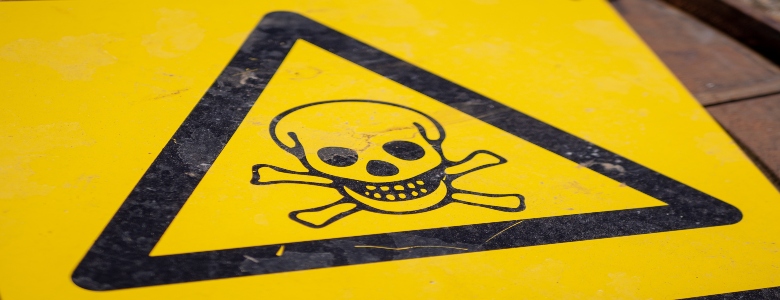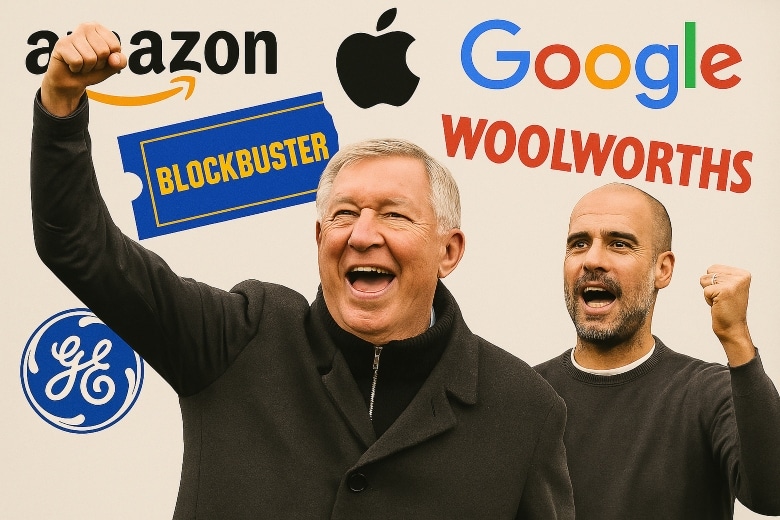
Investment risk and reward are inextricably linked; if you want to have the potential for higher returns you have to accept increased investment risk. It was ever thus and it will ever be. Anyone who tries to tell you differently is lying to you.
The problem is when people hear or read the word ‘risk’ they may link that to “avoid at all costs”.
Risk is a very emotive word. During our childhoods, we were cautioned about taking unnecessary risks: “Watch what you are doing!”, “Be careful!”, “Don’t go there!”. In adulthood, we are bombarded with news about risks be it financial or health.
Of course, there are dangers that we need to be careful of, whether we are children exploring the world or adults trying to protect what we have. But the risk doesn’t necessarily mean avoid. Where would the world be if we took no risk?
Christopher Columbus wouldn’t have discovered the Americas, we wouldn’t have recently celebrated 50 years of the moon landing and none of the world’s great companies would exist had their entrepreneurial founders risked failing.
In investment terms ‘risk’ equates to the potential for loss of money, either temporary or permanent, of which there are many ways (as explained in this video). One of the most unappreciated but most devastating risks over the long-term is, ironically, not taking enough risk.
What I mean by that is people interpret risk as losing money on the stock markets so prefer to keep their money ‘safe’ in savings (or just spend it, but that’s a whole other issue).
The problem with not taking enough investment risk is the long-term effect of inflation on our ability to buy the things we need or want with our money.
I believe there are two principal reasons why people don’t take enough investment risk with their money:
1. They don’t understand investing, so they avoid it.
2. They have been burnt before so don’t want to be burnt again. Or, once bitten, twice shy.
Lack of Understanding
We tend to be naturally wary of things we don’t understand, there’s probably some evolutionary biological link to when we were hunter-gatherers and avoided eating things we didn’t know what they were.
The Financial Services industry has done a brilliant job of making saving and investing seem inaccessible so that more people can take a slice of investor’s money. Jargon and complicated products proliferate the sector such that it is no wonder the average consumer doesn’t know where to start. Did you know, according to ‘Which?’ that there are over 2,000 investment funds available to UK investors.
Where do you even begin to work out what is the most appropriate one for you? Looking at how they performed or a using star rating isn’t the right way, by the way!
This opaque world of products and jargon is made worse by the media focussing on negative events and adding to the confusion and noise.
Once Bitten Twice Shy
The second reason that the Great British public tends not to take enough risk is that they’ve lost money before so run scared of taking a risk again.
Investors who lost money in the Tech Bubble of 1999 or Great Financial Crash of 2008/09 are likely to feel aggrieved and not believe investing is for them. Or they may have seen parents, colleagues or friends who got burnt and not want to repeat their mistakes. Or, as I heard from someone today, products such as mortgage endowments may leave a bitter taste in the mouth.
Whilst I understand that people may avoid stock market investing if they have been bitten before I don’t agree that it is an appropriate strategy. It is likely the mistake wasn’t to invest in the stock market per se, though they might have got carried away with the hype of rising markets (see this Emoji Guide to investing for more on that). What is more likely is the mistake was taking the wrong actions when the stock market crashed.
The herd mentality is to get out while you can which leads to panic selling and increased market falls. On this basis, what was otherwise a temporary fall in investment value becomes an actual and permanent material loss which is very hard to recover from.
As long as you believe in capitalism, you should believe that our economic and technological futures will be better than the past and that market crashes and recessions are temporary cyclical events that are recovered from.
Past performance is not a guide to the future, but history does inform us that all stock market crashes are temporary in nature and that markets go up more often then they go down. I can’t guarantee that this will be the case in the future but I’ve every confidence the pattern will repeat for as long as you and I are breathing. If it doesn’t then capitalism has failed and we’ll have much bigger problems to worry about.
Will capitalism fail? Well, it has existed ever since Homo Sapiens began bartering for goods and services many millennia ago so it is hard to see why the laws of supply and demand will fail to function.
It’s a Balancing Act
Risk should be considered in the context of the return needed to achieve whatever lifetime goals you have: retirement by a particular age with a particular income, gifting money to children, ensuring later life care is covered and your ability to suffer temporary falls in value when stock markets fall for sustained periods of time.
There are at least two people you need to look after in life: your current self and your future self. Avoiding the stock markets because your current self is too fearful or uninformed is robbing your future self of their financial security.
If you would like help understanding how you can balance investment risk and reward to achieve your lifetime priorities, please do get in touch.
Photo by Mikael Seegen on Unsplash






